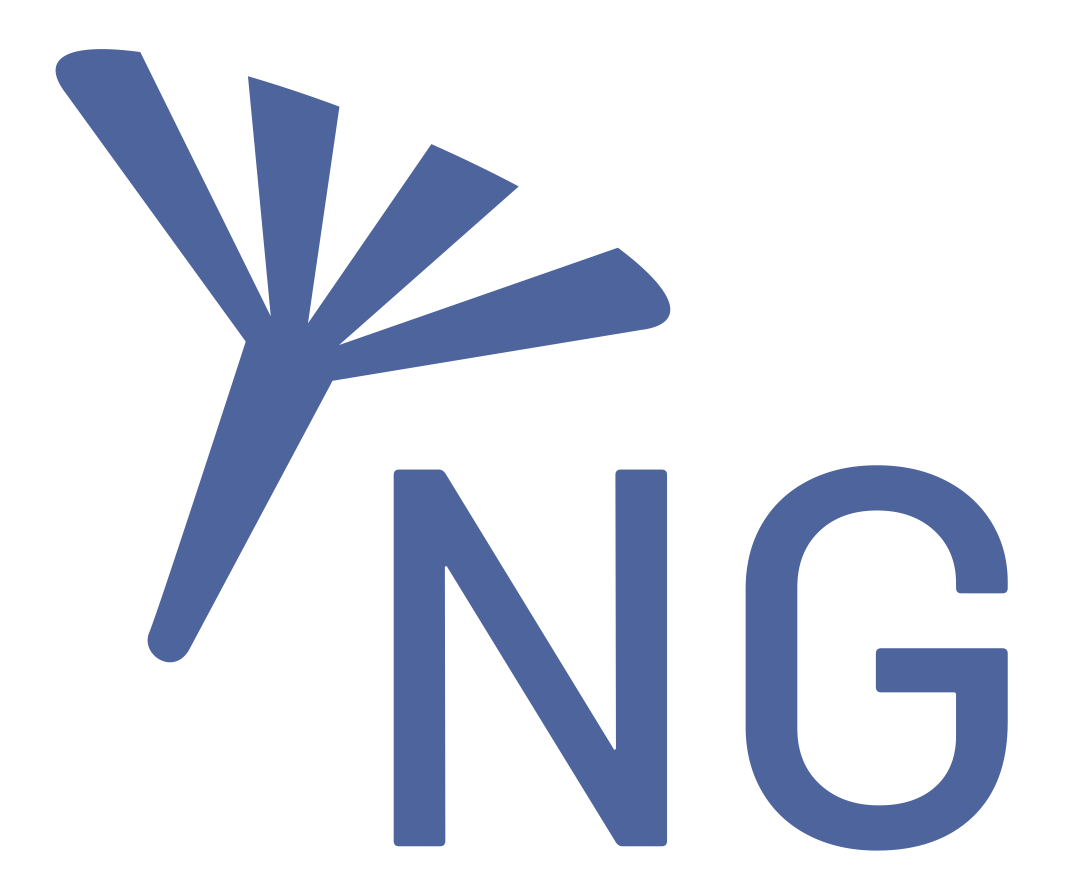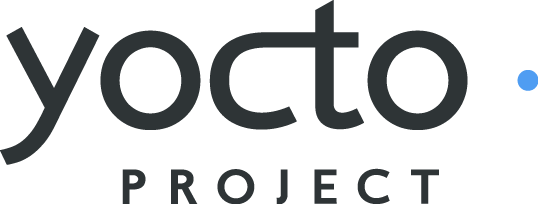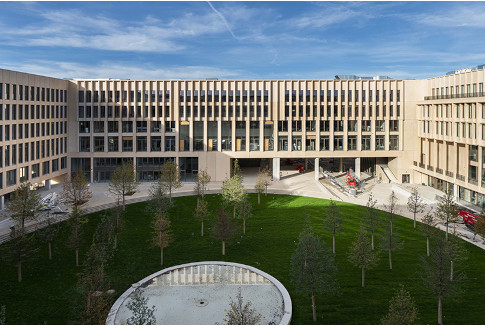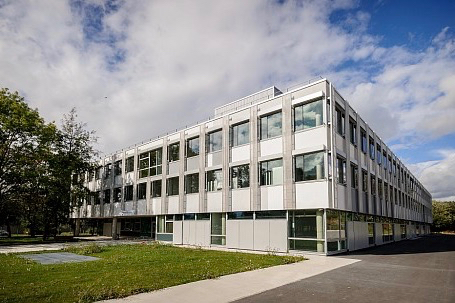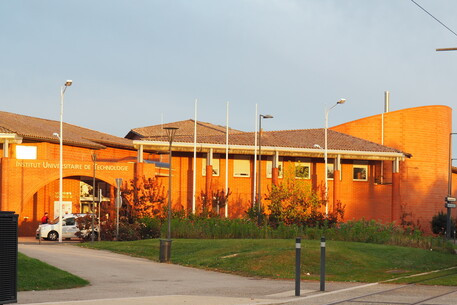
IoT-LAB is a precursor infrastructure of SLICES-RI, Scientific Large Scale Infrastructure for Computing/Communication Experimental Studies. Content on this website is partly outdated. Technical information remains relevant.
The Very Large Scale IoT Testbed
IoT-LAB provides a facility suitable for testing networking with small wireless sensor devices and heterogeneous communicating objects.
Used by a large part of the IoT community around the world.
Nodes
Users
including academics, students and companies
User Countries
Experiments
ran since 2012
Open platform
The testbed is in open access. Don't wait anymore, create your IoT-LAB account and run your experiment on our testbed.
Open Software
Build your application without any dependency requirement. Develop from scratch, or based on open-source libraries, or even with an OS.
Open Tools
Deploy and run your experiments with our webportal, automate with the CLI tools or make direct calls to our open API.
Remote testbed
full of interactions
Use the wide set of tools provided by the IoT-LAB testbed to remotely book a large set of various constrained devices, to program them, interact with them and control them, either from your computer or from the workspaces provided by the testbed infrastructure.
Start, Stop, Reset, Flash
Use the various node management tools to remotely submit experiment, power on, power off, program, reset or even debug devices.
Serial Link Access
Communicate directly with the standard output of the devices in your experiment using their serial link via TCP, SSH or websockets protocols.
Monitoring
Finely track what is happening in your experiment by monitoring individual power consumption of the devices or radio signal. Analyze network protocol with packet sniffer tools.
IPv6 compliant
All IoT-LAB sites provide public IPv6 prefix so you can try lastest standards protocols for the Internet Of Things.
MQTT Broker
Connect to the MQTT broker instance and start publishing/receiving messages with your devices using the MQTT protocol.
Open API
Directly interact with the testbed using the open REST API and start developing your own tools.
API DocumentationMulti-radio
Different communication technologies

The different boards available bring users several radio technologies. Test radio scenarios with isolation, coexistence, cooperation, interoperability.
802.15.4
IEEE 802.15.4 is a technical standard which defines the operation of low-rate wireless personal area networks (LR-WPANs).
Sub-GHz
Sub-GHz radios are operating on Sub GHz ISM bands. In Europe, 868MHZ and 433Mhz bands can be used with these radios.
BLE
Bluetooth Low Energy (BLE) is a wireless personal area network technology designed and marketed by the Bluetooth Special Interest Group (Bluetooth SIG).
LoRa
LoRa is a low-power wide-area network (LPWAN) protocol developed by Semtech and targetting long-range and low-power IoT.
UWB
UWB is a short-range, high bandwidth radio technology typically used for accurate distance measurement and indoor localization.
Multi-platform
A large choice of hardware boards
19
boards available

IoT-LAB M3
802.15.4

IoT-LAB A8-M3
802.15.4
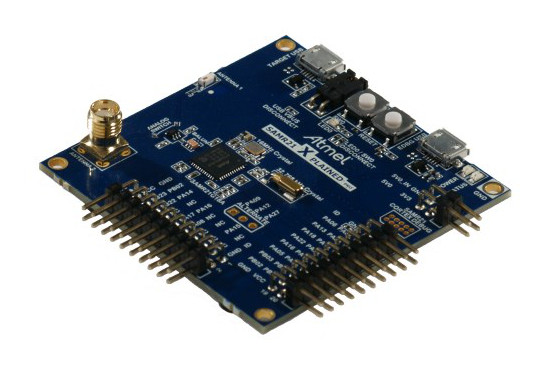
Microchip SAMR21
802.15.4

Zolertia Firefly
802.15.4 Sub-GHz
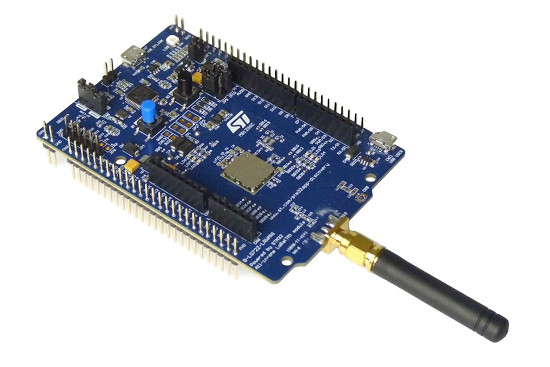
ST B-L072Z-LRWAN1
LoRa
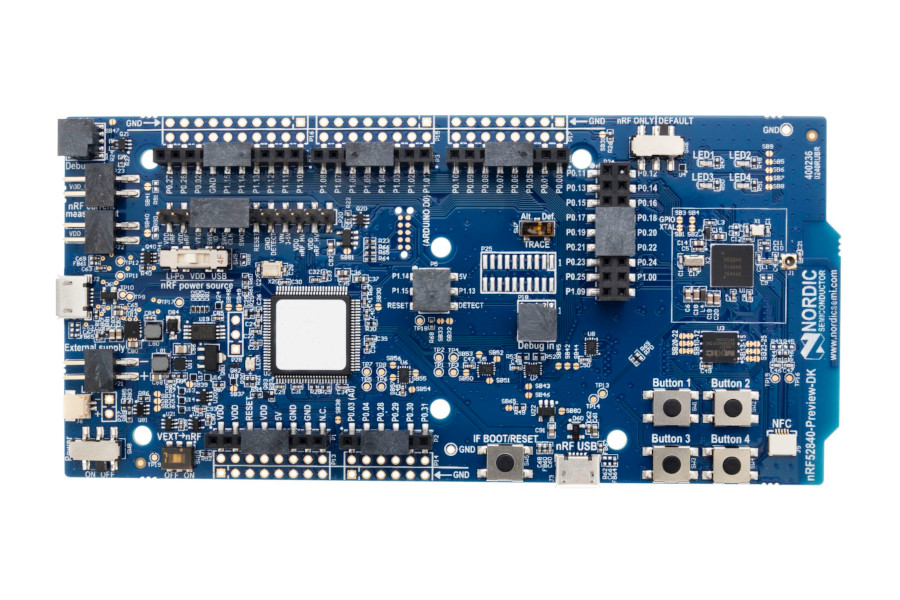
Nordic nRF52840DK
802.15.4 BLE
Multi-OS
Develop your firmware with your favorite OS
Since you just need to bring your firmware for your experiment, you are free to choose your Operating System. Boards from the market may be supported by one or several. Some OS also supports IoT-LAB boards.
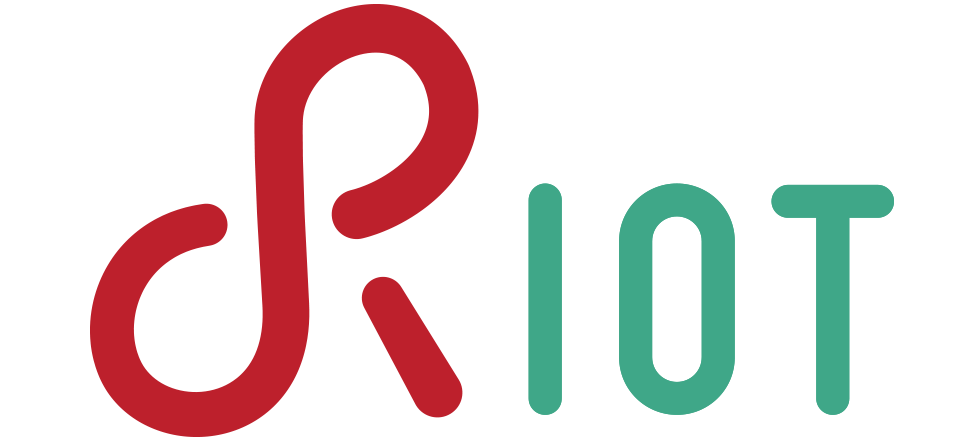
RIOT is a real-time multi-threading operating system that explicitly considers devices with minimal resources but eases development across the wide range of devices that are typically found in the Internet of Things.
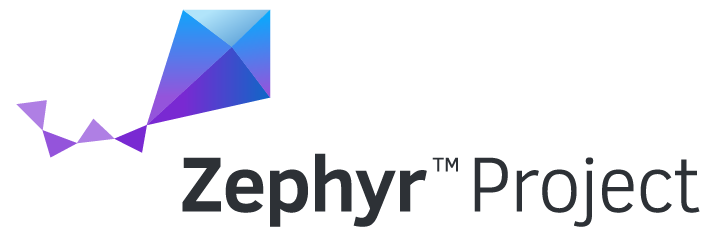
Zephyr, a Linux Foundation hosted Collaboration Project, is an open source collaborative effort uniting leaders from across the industry to build a best-in-breed small, scalable, real-time operating system (RTOS) optimized for resource-constrained devices, across multiple architectures.

FreeRTOS is a real-time operating system for microcontrollers. Developed in partnership with the world’s leading chip companies over a 15-year period, and now downloaded every 175 seconds, FreeRTOS is a market-leading real-time operating system (RTOS) for microcontrollers and small microprocessors.
Documentation
Boards • Deployment • OS • Tools
Know more about the testbed and its features in details by reading the docs.
Learn
Go to practice and find some typical examples on how to manage your experimentation scenario end-to-end.
Learn usageCommunity
Discover the usage of the testbed by the community by browsing the list of publications or by the list of education courses using IoT-LAB.
Meet the community